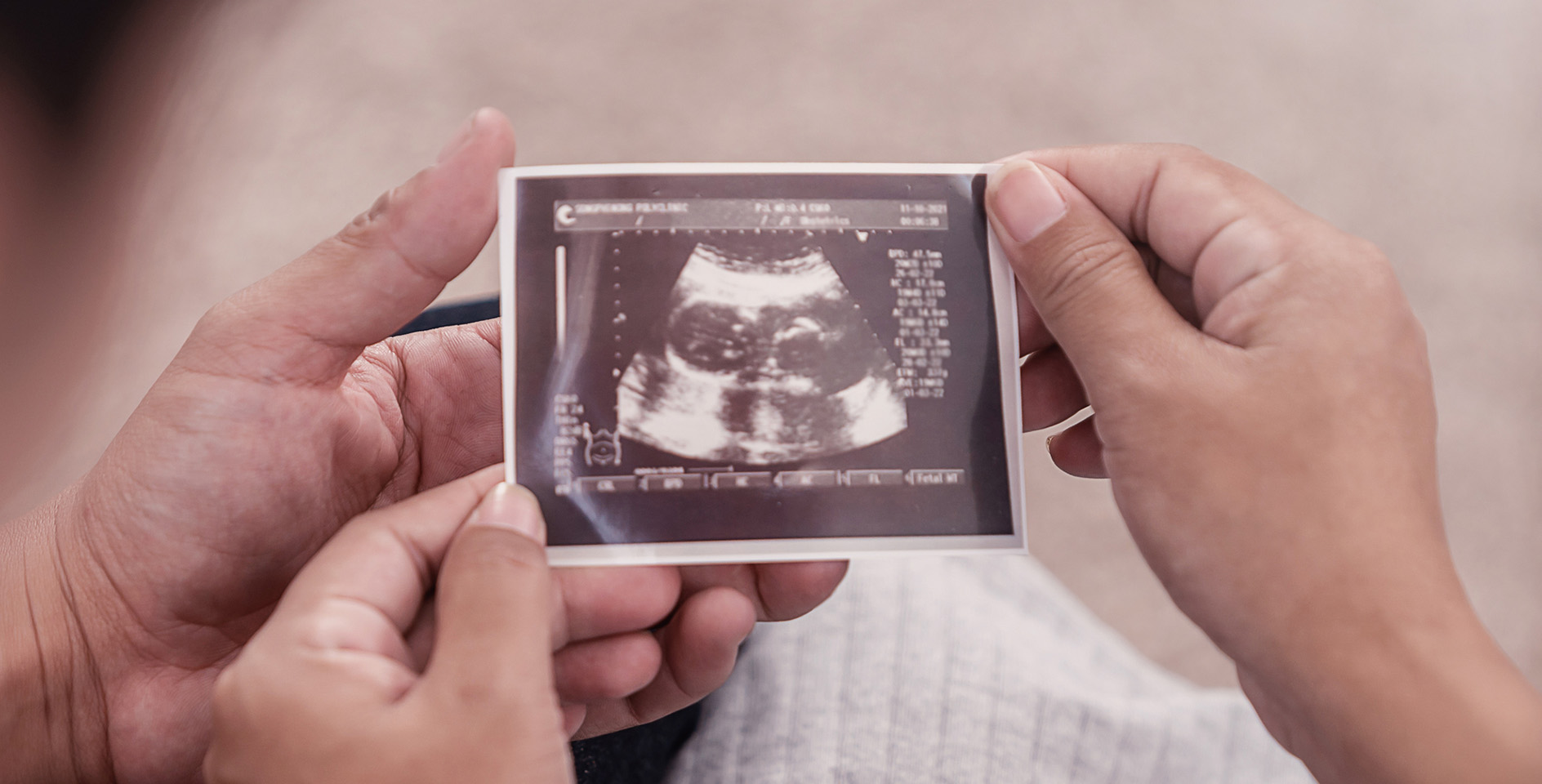As the chaos of the 2016 election cycle rages at full force, a federal judge has delivered a major victory for religious liberty. On October 14, U.S. District Judge Stephanie M. Rose “held that churches are not public accommodations subject to government control.”
As I have written elsewhere, it is generally bad for government to attempt to regulate religious exercise, but with the advent of the sexual revolution, many progressive lawmakers and bureaucrats cannot resist the temptation to use the force of law to wield their agenda. In this case, the provoking incident was the Iowa Civil Rights Commission’s clumsy attempt to compel churches to submit to its guidance on sexual orientation and gender identity.
The background
Back in 2007, the Iowa Civil Rights Act was expanded to include sexual orientation and gender identity as protected classes—protecting individuals against discrimination based on these categories. In 2012, the Iowa Civil Rights Commission published a brochure, “SEXUAL ORIENTATION & GENDER IDENTITY: A Public Accommodations Provider’s Guide to Iowa Law” which suggested churches could be compelled, under certain circumstances, to censor specific “statements on biblical sexuality.” Even further, churches may also be forced “to open their intimate facilities like changing rooms, showers, and rest rooms to people who identify as members of the opposite sex.”
From the brochure as published in 2012:
DOES THIS LAW APPLY TO CHURCHES?
Sometimes. Iowa law provides that these protections do not apply to religious institutions with respect to any religion-based qualifications when such qualifications are related to a bona fide religious purpose. Where qualifications are not related to a bona fide religious purpose, churches are still subject to the law’s provisions. (e.g. a child care facility operated at a church or a church service open to the public).
This is deeply troubling. On what basis might a judge—or worse, an unelected committee of bureaucrats—make such a determination? Exactly how much “religion” is necessary for a church activity to constitute a “bona fide religious purpose”? If there is any merit to the so-called “separation of church and state,” it is precisely in this vein. These are questions government was never intended to answer. Indeed, it cannot.
Yet even with this egregious overreach, the matter was mostly dormant for several years. Before the Supreme Court’s landmark Obergefell ruling in 2015, these issues were simply not receiving much attention. But in its wake, conflicts surrounding religious freedom and these antidiscrimination measures have amassed near-constant attention (perhaps most prominently displayed in the attack on religious freedom by the Chairman of the U.S. Commission on Civil Rights). And this raised concern about the guidance issued by the Iowa commission.
In response to these concerns, Alliance Defending Freedom filed a federal lawsuit on behalf of Fort Des Moines Church of Christ in order to defend the constitutional rights of that congregation to freely exercise its religious beliefs. As ADF argued, “all events held at a church on its property have a bona fide religious purpose.” The commission ultimately responded to the lawsuit by issuing a revised brochure (specifically altering its guidance for churches/places of worship) in July of this year.
From the revised brochure, published in 2016:
PLACES OF WORSHIP
Places of worship (e.g. churches, synagogues, mosques, etc.) are generally exempt from the Iowa law’s prohibition of discrimination, unless the place of worship engages in non-religious activities which are open to the public. For example, the law may apply to an independent day care or polling place located on the premises of the place of worship.
The revision certainly represents the commission’s effort to clarify its intent. Clearly the commission recognizes the First Amendment protections that would naturally exempt churches from various aspects of the expanded Iowa Civil Rights Act—when they act in an explicitly religious capacity. This is hardly sufficient.
Not only is the state ill-equipped to determine which of a religious organization’s activities might be designated as secular, it has no business doing so in the first place. The idea of “setting up a regulatory agency as de facto arbiters of religious practice is nonsensical and profoundly ignorant.” In actuality, the revision of the commission’s guidance offers nothing more than a cosmetic solution to a fatal error.
As ADF Legal Counsel Christiana Holcomb explains,
Churches should be free to communicate their religious beliefs and operate their houses of worship according to their faith without fearing government punishment. The Iowa Civil Rights Commission had no constitutional basis for including explicit threats against houses of worship in any of its materials. While the commission was right to remove some of the most disturbing language in its brochure, the change in the brochure doesn’t fix the inherent problem . . .
A victory for religious liberty
Last week, ADF announced that the church was dismissing its lawsuit following the judge’s ruling. Judge Rose affirmed that “state and federal courts have held that churches and programs they host are not places of public accommodation” because churches offer services to the public gratuitously without receiving government support or subsidy, and are therefore not subject to such public accommodations laws.
This represents a tremendous win for religious freedom. The ruling only further affirms that churches and houses of worship are protected from “government censorship and control.” And as a result, churches will continue to operate according to their beliefs without fear of government sanction or reprisal—the importance of which can hardly be overstated.
Certain members of the commission, citing ambiguity in the original brochure, maintain that the guidance was never intended to target the constitutional freedoms of Iowa churches. But according to the judge’s ruling, the commission’s interpretation of the guidance left this very much in question:
At the hearing before the Court, both the State Defendants and the City stated that Plaintiff’s restroom policy is likely permitted under the antidiscrimination laws because the policy is plainly drafted to serve a religious purpose and that all of the activities Plaintiff enumerated within its Complaint also appeared to be religious in nature. The Court notes that such acknowledgement does not prevent the State Defendants or the City from seeking enforcement against Plaintiff and so assigns these statements little weight.
The path ahead
The diligent work of ADF and the strong protections for religious freedom enshrined in the First Amendment allow us, once again, to celebrate religious liberty in America. But we must be vigilant. The culture is changing rapidly. Religious liberty is truly under threat. And as the sexual revolution grows even stronger, battles are being fought across the nation to maintain the freedom to live, worship and advocate according to sincerely held religious beliefs.
We must not be silent.










